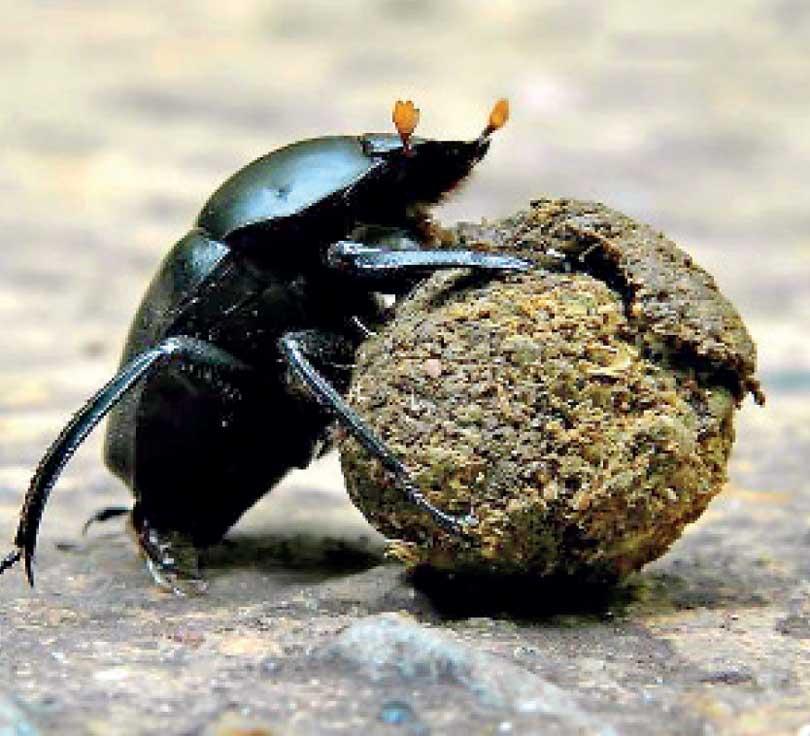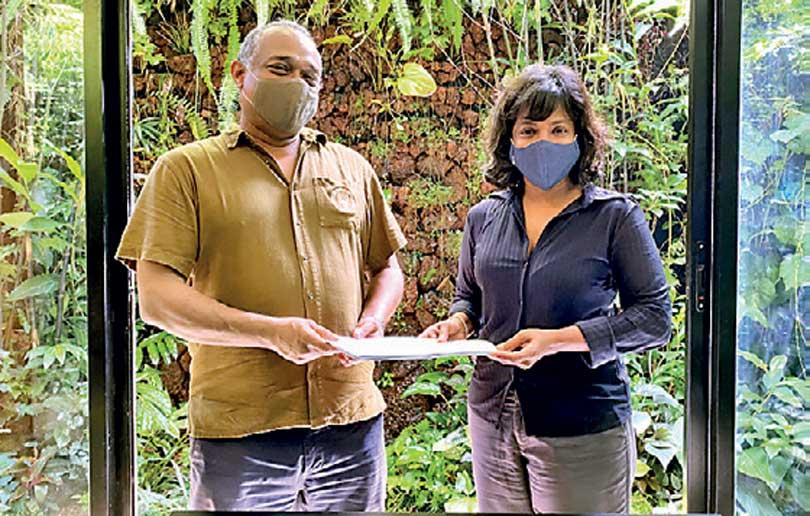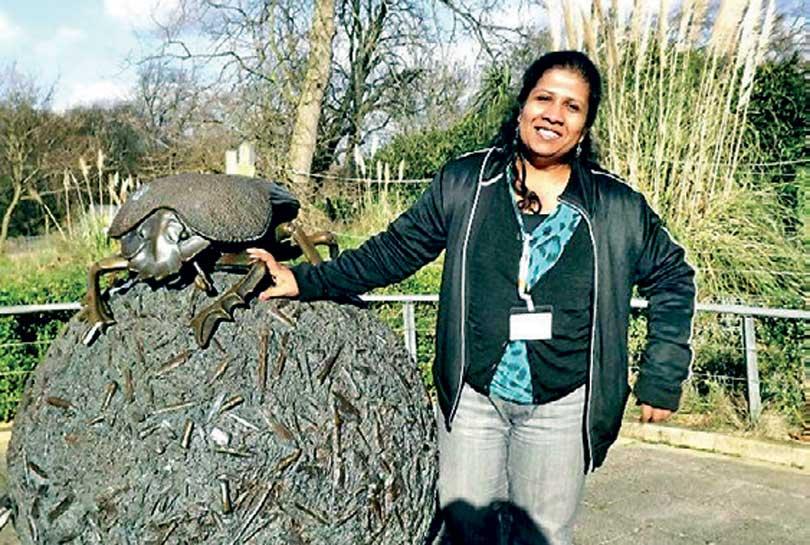05 Jul 2021 - {{hitsCtrl.values.hits}}

Image by Ishara Harshajith Wijewardhane
WNPS is delighted to announce that D.L. & F. De Saram has come onboard as one of the main sponsors of the Dung Beetle Project. D.L. & F. De Saram is one of Sri Lanka’s oldest law firms, offering a wide range of legal services for individuals, corporate, domestic, and international clients.
The Dung Beetle project is being supervised by Dr Enoka Kudavidanage from the University of Sabaragamuwa in collaboration with WNPS who will sponsor the scientific research component. The project aims to develop a validation tool using Dung Beetles as a Biological Indicator, to assess the environmental quality of agricultural land, that can be broadly used by the agricultural sector.
It is estimated that over 50% of the world’s GDP is generated through industries that are reliant on nature and ecosystem services, therefore loss of biodiversity can lead to catastrophic outcomes for people, industries, and the economy.
The Dung Beetle project is being supervised by Dr Enoka Kudavidanage from the University of Sabaragamuwa in collaboration with WNPS
Rapid economic development activities in Sri Lanka are causing environmental destruction through unsustainable consumption of natural resources. The resulting environmental degradation encompasses land, soil, water resources as well as the atmosphere and the results of such damage are reflected in all sectors including agriculture – which contributes around 7.5% to the national GDP and is one of Sri Lanka’s main economic sectors, employing no less than 25% of the country’s workforce.
Dung Beetles (Family Scarabaeidae) have been identified to be a low cost, easily accessible, commercially applicable, Biological Indicator to assess the health of any agricultural landscape.

Jehan Canagaretna, secretary of the WNPS receives the sponsorship agreement from Manju Sirimanne, a partner at D. L. & F. De Saram
Supervisor of the research Dr Enoka Kudavidanage from the University of Sabaragamuwa
03 Jan 2025 4 hours ago
03 Jan 2025 4 hours ago
03 Jan 2025 6 hours ago
03 Jan 2025 6 hours ago
03 Jan 2025 7 hours ago